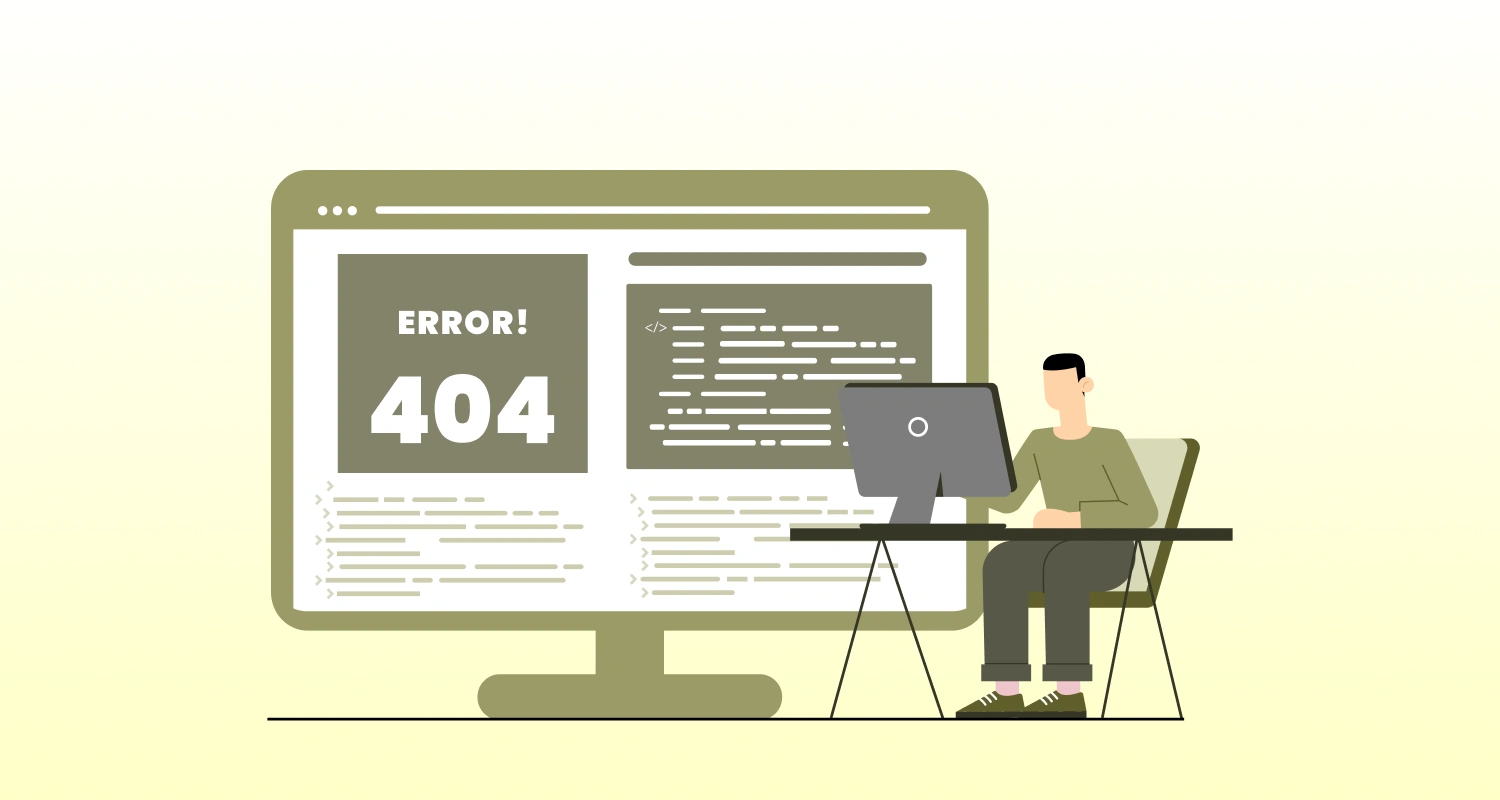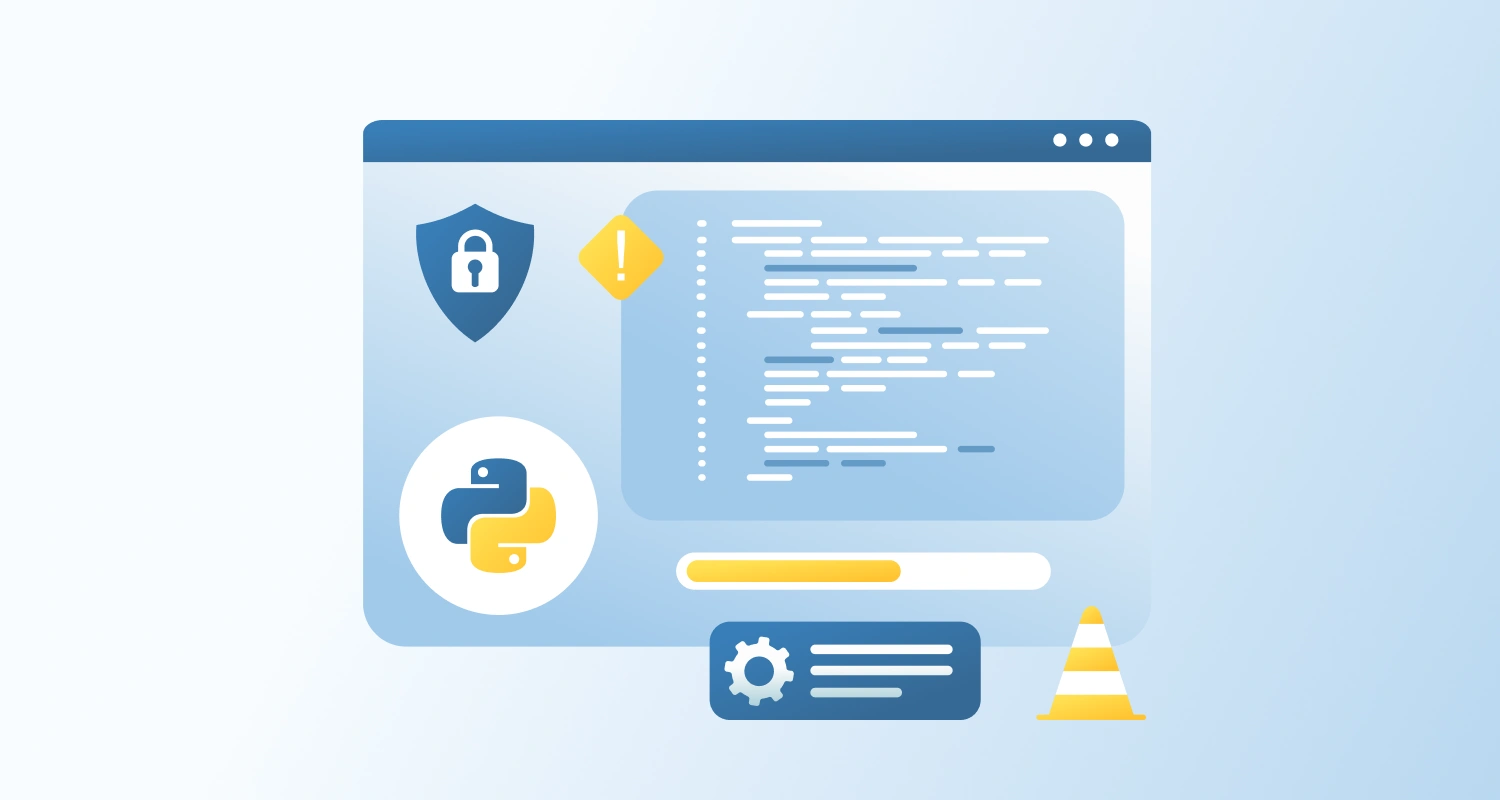Continuous integration pipelines help enable automation of tasks like testing and code checks. Hence, when you implement CI pipelines in Laravel projects, your code gets automatically tested for each update or change. Today we will discuss what CI pipelines are in Laravel, why you should care and how to integrate the two together.
Continuous Integration (CI) in Laravel
Continuous Integration is the process of setting up automatic testing and validation for ensuring app safety against voluntary or involuntary changes. This is how you achieve it:
- Running PHP code style checks
- Executing unit and feature tests
- Running Laravel Dusk for browser testing (optional)
- Building and deploying if tests pass
Why CI Matters for Laravel Projects
- Catch bugs and breaking changes early
- Ensure consistent code formatting with linters
- Speed up team collaboration and PR approvals
- Automate deployment to staging/production environments
- Reduce human error during releases
How to Set Up a CI Pipeline for Laravel (Step-by-Step)
Let’s walk through a real-world example using GitHub Actions, Laravel 10+, and PHPUnit tests.
Step 1: Create .github/workflows/ci.yml File
Inside your Laravel project, create the GitHub Actions workflow file:
Bash:
mkdir -p .github/workflows
touch .github/workflows/ci.ymlStep 2: Configure the CI Pipeline
Here’s a complete example CI configuration for a Laravel project using GitHub Actions:
yaml
name: Laravel CI
on: push: branches: [main] pull_request: branches: [main]
jobs: laravel-tests: runs-on: ubuntu-latest services: mysql: image: mysql:8.0 env: MYSQL_ROOT_PASSWORD: root MYSQL_DATABASE: laravel ports: - 3306:3306 options: --health-cmd="mysqladmin ping --silent" --health-interval=10s --health-timeout=5s --health-retries=3 steps: - name: Checkout code uses: actions/checkout@v3 - name: Set up PHP uses: shivammathur/setup-php@v2 with: php-version: '8.2' extensions: mbstring, bcmath, pdo_mysql tools: composer, php-cs-fixer - name: Copy .env run: cp .env.example .env - name: Install dependencies run: composer install --prefer-dist --no-progress --no-suggest - name: Generate key run: php artisan key:generate - name: Wait for MySQL to be ready run: | sleep 10 php artisan migrate --force - name: Run PHPStan (Static Analysis) run: vendor/bin/phpstan analyse - name: Run PHPUnit tests run: vendor/bin/phpunitWhat This Pipeline Does:
| Step | Purpose |
| actions/checkout | Clones your repo |
| setup-php | Installs PHP 8.2 with required extensions |
| composer install | Installs Laravel dependencies |
| php artisan key:generate | Sets up Laravel app key |
| php artisan migrate | Applies database migrations |
| phpstan | Runs static analysis |
| phpunit | Runs all tests in tests/Feature and tests/Unit |
Optional: Add Code Style Checkers
To enforce PSR-12 or Laravel Pint standards, add:
Bash:
- name: Run Pint (Laravel code style fixer) run: vendor/bin/pint --testStep 3: Add Deployment (Optional)
You can add deployment to services like Forge, Envoyer, or a VPS:
Bash:
- name: Deploy to Production if: github.ref == 'refs/heads/main' && github.event_name == 'push' run: curl -X POST ${{ secrets.DEPLOY_WEBHOOK_URL }}Or use tools like Laravel Forge’s Deploy API.
Step 4: Set Secrets for CI
In your GitHub repository, go to: Settings → Secrets → Actions
Add keys like:
- DEPLOY_WEBHOOK_URL
- DB_PASSWORD
- APP_ENV
- APP_KEY
Use them securely in your pipeline:
env: DB_PASSWORD: ${{ secrets.DB_PASSWORD }}Step 5: Speed Up Builds with Caching
Add this to cache Composer dependencies:
yaml:
- name: Cache Composer dependencies uses: actions/cache@v3 with: path: vendor key: ${{ runner.os }}-composer-${{ hashFiles('**/composer.lock') }} restore-keys: ${{ runner.os }}-composer-Best Practices for Laravel CI Pipelines
| Tip | Benefit |
| Use .env.testing for test configs | Keeps test settings separate |
| Run static analysis tools | Detect issues before runtime |
| Cache Composer + Node modules | Faster builds |
| Separate jobs for testing, building | Improve readability and modularity |
| Fail fast on test errors | Stop deployment early when something breaks |
CI Tools Compatible with Laravel
| Tool | Description |
| GitHub Actions | Free for public repos, tightly integrated with GitHub |
| GitLab CI/CD | Powerful for private projects with Docker support |
| Bitbucket Pipelines | Great for Atlassian teams |
| CircleCI | Highly customizable, Docker-native |
| Jenkins | Self-hosted, enterprise-grade CI |
Final Thoughts
A CI pipeline is no longer optional, it’s a must-have for modern Laravel projects. From enforcing code quality to automating deployment, setting up a CI/CD workflow with help of skilled Laravel developers can improve the reliability, speed, and confidence of your entire development lifecycle.
By using tools like GitHub Actions, PHPUnit, PHPStan, and Laravel Pint, you can automate every push, pull request, and deployment with minimal effort.





